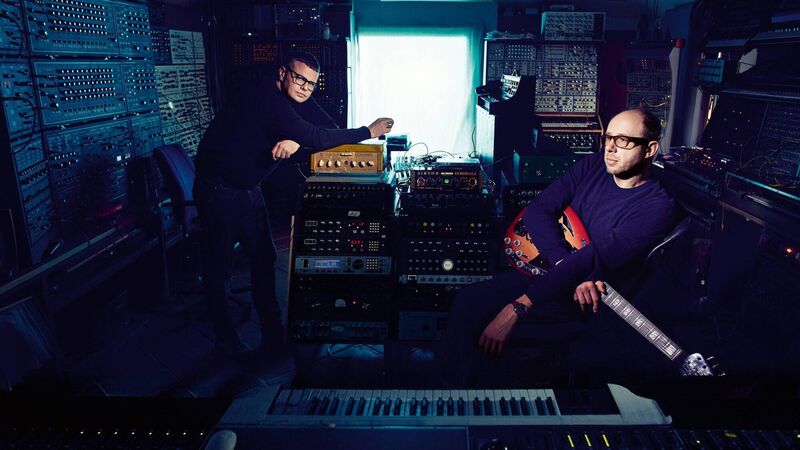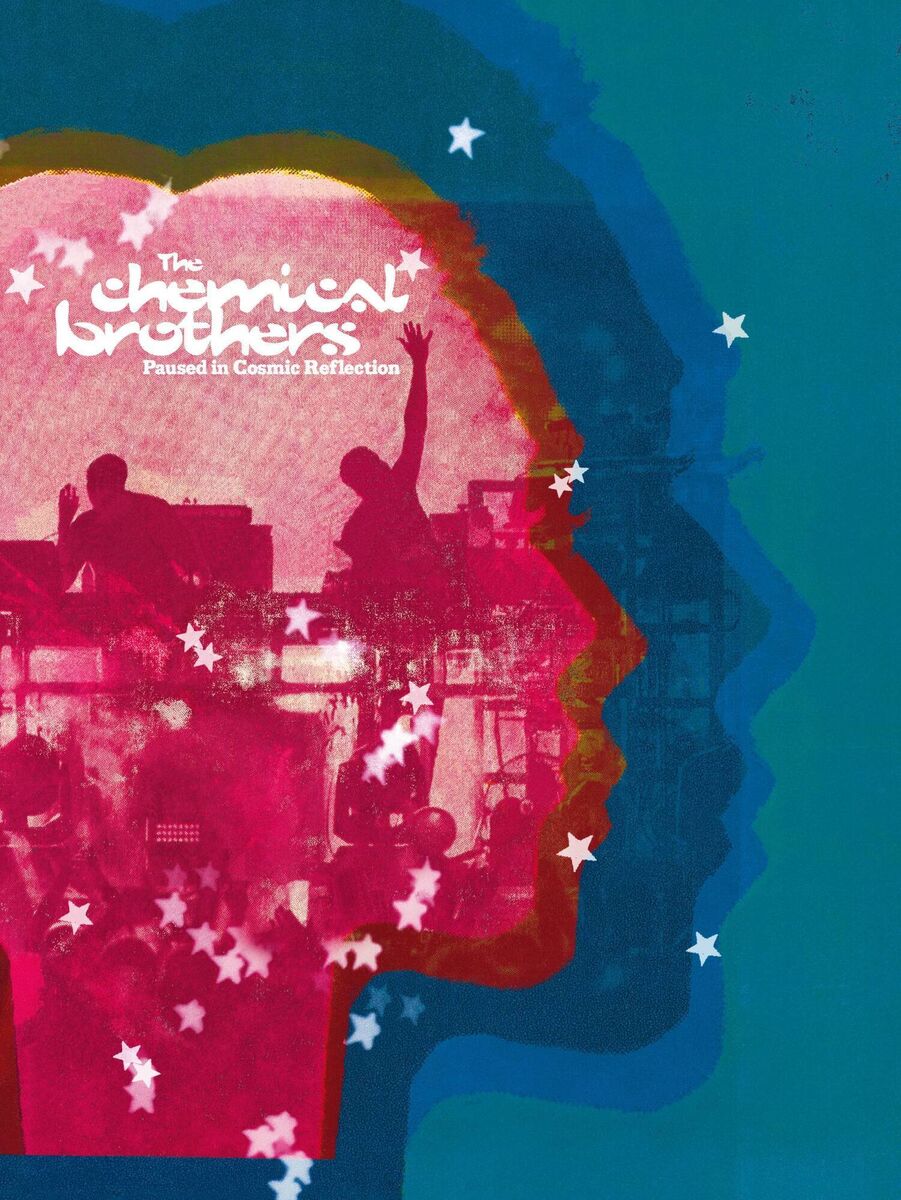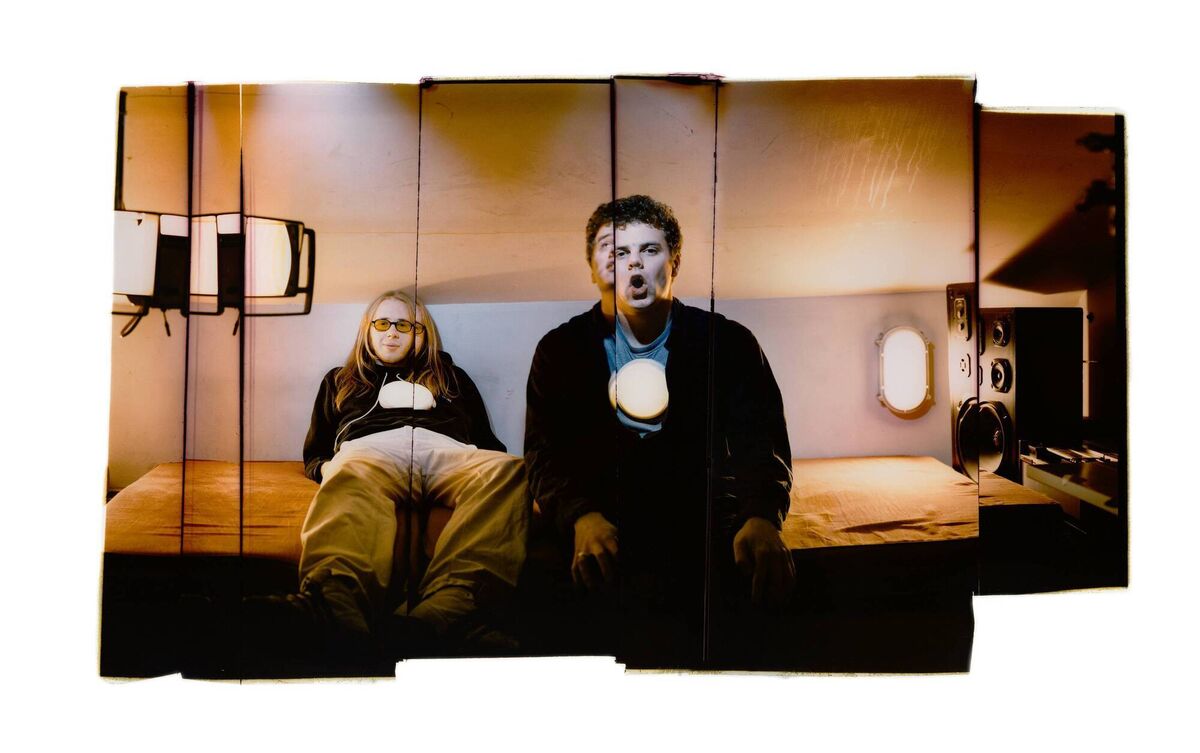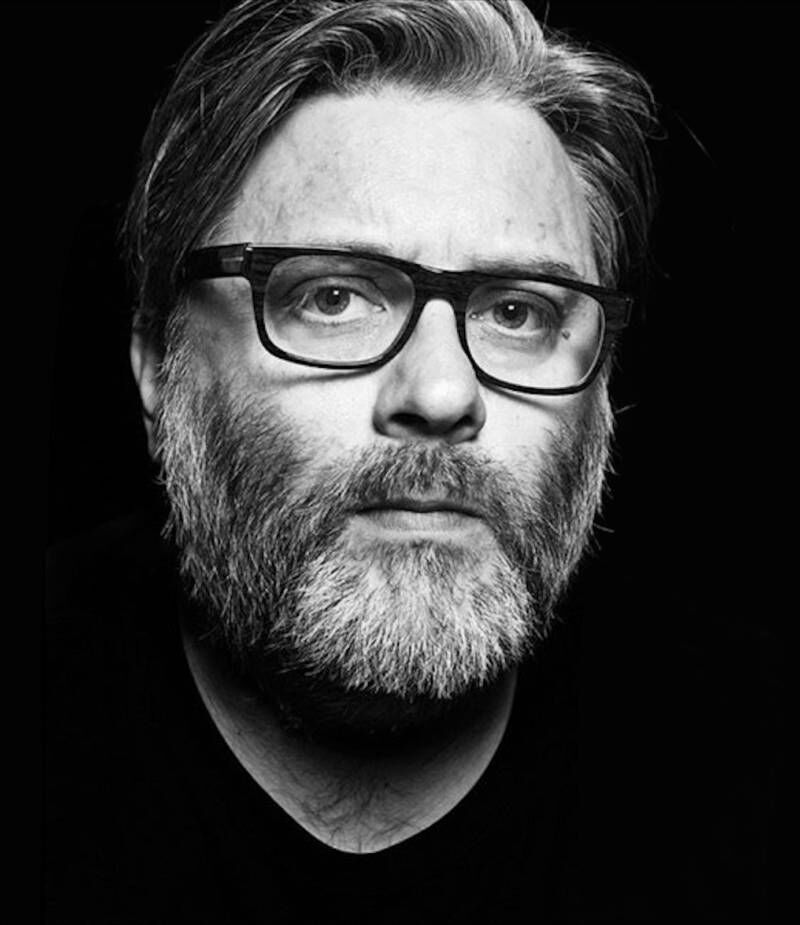Chemical Brothers' magic formula brought to life in evocative music book

Chemical Brothers: new book brings their 30+ year body of work to life
In the early 1990s, a group of friends in London began throwing a Sunday night party in the dingy downstairs of an old-school boozer. Nobody involved could have suspected it then... but they were about to change music.
They certainly left an instant impression on the UK indie scene: regulars at the Heavenly Social at the Albany on Great Portland Street soon included Blur, Pulp, and Elastica.
Paul Weller was spotted nattering to Noel Gallagher while in the background pre-Spice Girls pop duo Shampoo boogied on the tiny dance floor.
Supplying the soundtrack was a pair of nerdy DJs. One had long hair and glasses, the other looked more like a Dungeons & Dragons player than a superstar deck-spinner in the making.
“It was incredibly exciting,” says Robin Turner, who helped organise Heavenly Social and worked at the adjacent label, Heavenly Records, home to such iconic 1990s underdogs as Saint Etienne.
“You’d pick up the NME and the Melody Maker, and they’re telling you about bands like Suede. What I was hearing was something completely different. And it was the same when Britpop started: ‘There are these kids, and they are making this music’. Yeah, but this is the exciting thing: this punk rock energy that had emerged in what was then known as dance music.”
The Social became instantly famous in the British music press. Adding to the novelty was the fact it was taking place on Sunday.
Licensing laws in Britain were restrictive at that time: pubs could only open for a few hours on Sunday, which meant the party had a time limit, motivating those in attendance to seize the moment.
Yet its lasting impact would have to do not with the glittering guest list but with those two geeks on the decks: Tom Rowlands and Ed Simons.
At the time, they were known as the Dust Brothers. They later renamed themselves the Chemical Brothers (after receiving a polite tap on the shoulder from the original Dust Brothers, an American production who worked with Beck).
Turner tells their story in his new coffee table music history, .

It’s a great read, brimming with anecdotes whilst drawing a gripping picture of the Chemical Brothers’ journey from function room obscurity to festival-headlining acclaim. However, is also a sumptuous coffee table book, brimming with evocative pictures that bring the 1990s to life. That marriage of form and function makes it a publication created in the image of its subject matter.
The Chemical Brothers have, from the start, blended big, booming beats and dreamy songwriting. With albums such as and , they wrote the unofficial soundtrack to both the hedonistic side of the 1990s and the subsequent comedown. Their music was and is euphoric — yet with a thumping melancholy undertow.
They also succeeded in not getting tied down to any one scene. They played at Oasis’s landmark Knebworth gigs in 1996, but nobody considered them Britpop. And they satirised the era of big-name DJs with the “super-star DJs…here we go!” refrain on 'Hey Boy Hey Girl'. They were of the 1990s — but beyond it, too.
“They could have easily been, you know, subsumed into kind of a Britpop idea,” says Turner. “You know, they were DJing at Oasis and Primal Scream gigs and re-mixing all these people and things like that. No one tried to do that [label them Britpop] because, obviously, it didn’t sound like that. Initially, they were 'trip-hop' because that hadn’t been formulated into an idea. And so we were like, 'what they’re like Massive Attack, Tricky and Portishead?’ And no, they weren’t like that either. They’re uniquely them.”

They were popular in Ireland from early on. The Chemical Brothers attended the Féile 95 festival at Páirc Ui Chaoimh in Cork where they went to see the Stone Roses play their much-anticipated comeback gig.
It was a gobsmacking line-up: Kylie Minogue sang with Nick Cave, Prodigy headlined the first night, Blur the second — with Elastica, Tricky, Black Grape, Massive Attack and others also on the bill.
“It’s gone down as a huge Stone Roses gig,” Chemical Brother Ed Simons told the last year. “We loved the Stone Roses so much. We hung out with [Roses bassist] Mani a bit. I remember watching them with various members of [Britpop showponies] Menswear and having a great time. If you look at that festival, it was like Select Magazine coming to life.”
“It was really great There was just one hotel, near the venue so all the bands were together — Carl Cox [the famous DJ] was there, I had a drink with him. I don’t think we saw Kylie [Minogue, who brought on Nick Cave as a surprise guest]. But it was quite incredible to look at — all the great and good of the 1990s. Whoever put that bill together — they should be the booking agent for the world. It was quite something. It’s one of those things in hindsight where the line-up is incredible.”
Many bands from that time fell away. The Chemical Brothers endured, however. Turner is astonished at their ability to constantly reinvent themselves — as demonstrated by their excellent latest LP, .
“There was a period I didn’t work with them: I took 10 years off and did other things. They’ve always been friends. I’ve always seen them live. Live now is something else entirely. One of the things I noticed in the run-up to [the new album], from last summer onwards, they started playing new tracks in the set. They’re playing them and they’re literally greeted like [classic singles] 'Chemical Beats' and 'Hey Boy Hey Girl'. How are people on to this? It’s going through them — it’s this power It doesn’t matter that they’re brand new. They seem, year on year, to be able to break new tracks, which send this electricity into the audience. It’s amazing.”

If the future is bright for the Chemical Brothers, the Heavenly Social story is long over. It wasn’t that its popularity declined. Quite the opposite, says Turner. It became a fixture in the music press, and what had started as a gathering of friends turned into something bigger. At which point it was best to pull the plug.
“The reason we stopped it is because, in the end, we were turning away loads of people. That didn’t feel like us. We wanted to be inclusive. If people wanted to come, we wanted to let them in and provide this experience. We couldn’t do that in the pub we had — that wasn’t how we wanted it to be. It was chaos, it was brilliant, it was amazing. It had been elevated by the fact you had people desperately trying to get in. For us, it was a party for us and our mates and like-minded people. It was really frenetic — people were so up for it. For us, it never felt like it was something important. It just felt like it was this thing we were doing with our mates.”
- is out now
: As with the Chemical Brothers, the duo of Neil Barnes and Paul Daley brought a punk sensibility to their electronic soundscapes while drawing on the Caribbean music with which they had grown up in London. A Mercury nomination for their debut album, , was regarded as a huge forward step for the genre.
: If tuneful Teutons Kraftwerk were the embodiment of German efficiency, over in Essex, Prodigy captured the sheer mania of a night out in Blighty with songs that landed like twisted terrace anthems.
: Born in Limerick but raised in the deep countryside of Cornwall, Richard D James’ music blended the playful, the confrontational and the beautiful — resulting in dance music that seemed half-dream, half nightmare. Often, it was the nightmare part that appealed the most, as demonstrated by the horror-show videos accompanying singles 'Come To Daddy' and 'Windowlicker'.
: Electronic music is often associated with euphoria, but Bristol 'trip-hop' innovators Massive Attack explored darker emotions, such as ennui, anger, and paranoia, on their three classic 1990s records, , , and .
: Like him or loathe him, there is no doubt that Norman Cook put his imprint on dance music with mega-hits such as 'Praise You' and the 'Rockafeller Skank'. He built on what the Chemical Brothers had done with their vast, lurching grooves, bringing the 'big beat' genre to the masses.






